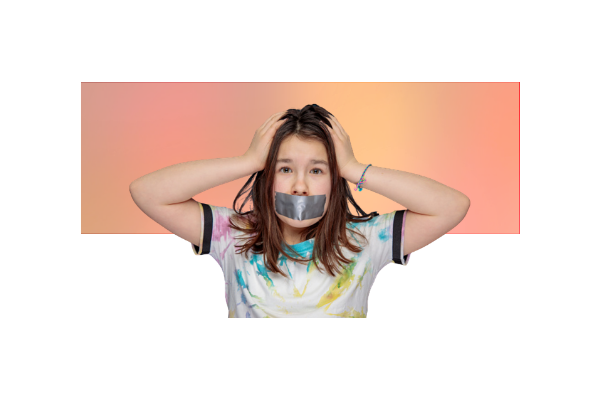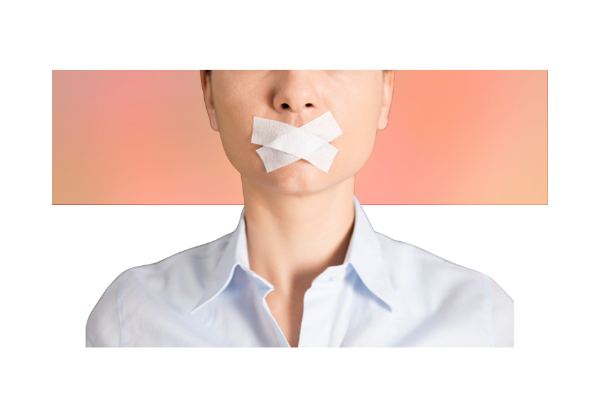


In our current, modern society, children are more exposed to the wonders of social media than during any other generation. These children are able to explore different perspectives on political, social, and environmental issues and this encourages them to voice out their opinions on this matter. Although it may be easier to project these opinions online on social media where you can hide behind a ‘digital mask’, some children still feel anxious when expressing their opinions on major global issues at the dinner table because they know they'll just be ridiculed for having an opinion. “Don't be silly, you don't know anything about politics!” or “You're too young to worry about climate change”.

This in itself is a huge problem. Children are able to receive backlash online for a civil opinion, and the fact that they can't even talk about their own stance on an issue in their own home will cause them to further bottle up their emotions and thoughts in the future and may cause them to become more introverted/distant from their family members. Children, even from a young age, may feel like because their thoughts conflict so much with their own, they can no longer approach their parents for advice or discussion on simple things.
Yes, it is true that children are generally too young to understand most profound issues such as climate change. However, with enough education to back them, the youth of our world have such a vital role in providing the younger perspective and in order to progress as a society, it is extremely important that we take their opinions seriously, as you would with an adult. However, young people don't have as much power as adults: they can't vote, and they don't have as much money. But Article 12 states that they still have the human right to have opinions and for these opinions to be heard and taken seriously. Adults of both our nation and our global community must take the rapidly evolving capacities of children into account. However, to allow these children to gather well-founded opinions on certain matters, they should be given the information they need to be able to make good decisions. This means providing them with a good education and the possible resources for them to be able to venture out and develop their opinions.
It must be remembered that Article 12 doesn't mean a child HAS to express their opinion. If they refuse to give their opinion, there is no need to. Article 12 only ensures that children who wish to have a voice in the world have the ability to do so in an environment that does not judge them for holding such an opinion.
You can help by:
- telling children and young people about Article 12 and the rights that it gives them
- spreading awareness about Article 12 to adults
- making sure that children are in a situation where they feel comfortable sharing their opinion and knowing they won’t be judged for it
- making sure that children know that their opinion will be taken into account because they are also functioning human beings who have a moral conscience and good ideas.